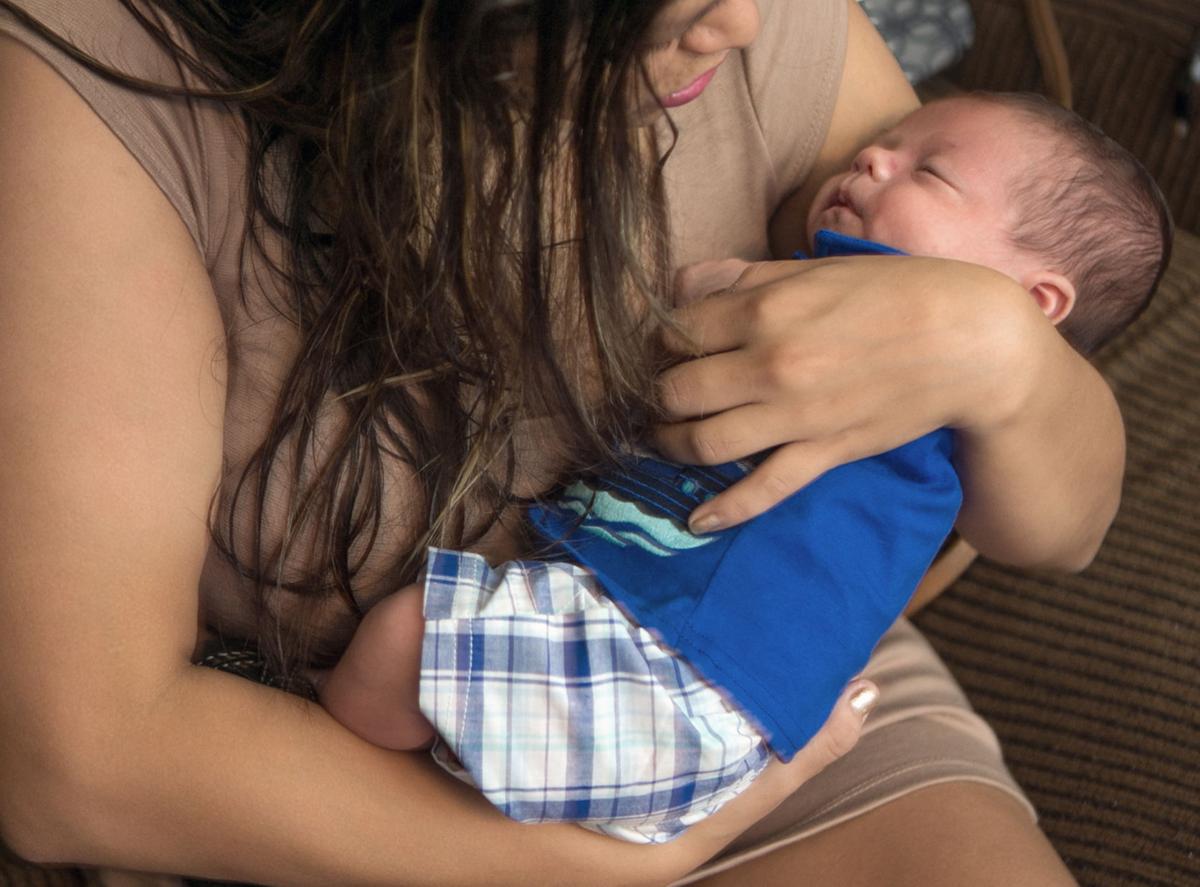Opioid addiction has run rampant in Arizona.
Last year, opioid overdoses claimed 790 lives in the state, an increase of 74 percent over the past four years.
Since June 15, there have been 532 reported opioid overdoses in Pima County.
To combat the epidemic, Arizona Gov. Doug Ducey recently designated opioid addiction a statewide health emergency.
As is so often the case with substance abuse, children are the ones who pay the highest price. Over the past two months, about 161 babies were born in Arizona exhibiting signs of drug withdrawal.
Substance exposed newborns are the most vulnerable children because they suffer the deleterious effects of drug abuse on the very first day they enter this world.
In addition, those children face a significantly higher risk of abuse and neglect if their parents drug abuse continues unabated.
But even if a parent is struggling with addiction, it doesn’t mean they stop loving their kids. They are just suffering from a disease that oftentimes overwhelms them with despair.
That’s why the Arizona Department of Child Safety (DCS) has adopted an innovative approach that offers hope to parents who are battling addiction.
In the past, a parent who gave birth to a baby with opioids or other illegal substances in their system could expect to have their child taken away immediately and returned after the parents achieved sobriety.
However, trying to overcome a drug habit while having your family torn apart was often too much for parents to handle, causing many to become frustrated and surrender to their vices.
DCS Director Greg McKay and his leadership team recognized this challenge and decided the only substantive way to improve outcomes for Arizona’s children was to look for ways to strengthen families.
So we implemented the Substance Exposed Newborn Safe Environment program or SENSE.
SENSE offers parents a helping hand during their battle with addiction while keeping families together and children out of the state’s care.
We don’t want Pima County parents to feel like they have to make a choice between conquering addiction and keeping their children. Admitting that you need medical help and finding a way to address that problem should be encouraged, not punished.
The SENSE program allows children to remain in the home, provided there are no other safety issues, while their parents receive substance abuse treatment and family counseling services.
Parents must consent to participate in the program which includes intensive in-home services for the family. Parents can expect to receive up to five visits a week from service providers, including in-home visits from a nurse.
So far, the program has been a success.
The data studied from Maricopa County has shown 90 percent of families that completed the SENSE program had no DCS reports 6 months after completion of services.
DCS has recently expanded the program to Pima County in response to the burgeoning population of newborns exposed to substances, including an increase in opiates, during pregnancy.
SENSE is a family-centered, strengths-based approach to serving families while holding them accountable for healthy choices and behavioral changes.
Everyone must work together to protect Arizona’s most vulnerable children against the opioid epidemic.
It is the entire community’s responsibility to keep children safe and to support families.
And strengthening families to help them avoid entering the child welfare system benefits everyone because strong families are the bedrock of strong communities.





